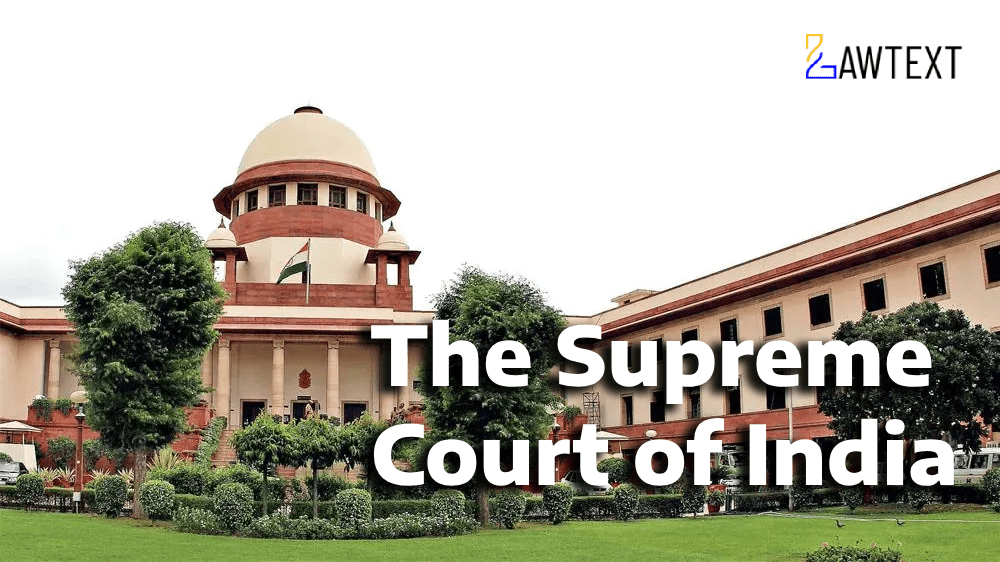

The Supreme Court set aside the termination orders, holding that the terminations were punitive, arbitrary, and astigmatic. Petitioners were reinstated with all consequential benefits, including continuity of service and seniority, but without back wages for the period of termination. The Court emphasized the need for gender sensitivity in the judiciary, particularly in cases involving women officers facing health and personal challenges.
Termination Simpliciter vs. Punitive Termination: Termination based on complaints and adverse remarks, without following due process, is punitive and astigmatic. Even probationers are entitled to protection under Article 311(2) if termination is based on misconduct or inefficiency. (Para 12, 12.1, 12.2)
Natural Justice and Communication of Adverse Remarks: Delayed communication of adverse remarks deprives judicial officers of the opportunity to improve and violates principles of natural justice. (Para 14.11)
Gender Sensitivity in Judiciary: Courts must consider the unique challenges faced by women judicial officers, including health issues and personal circumstances, while assessing performance. (Para 17.3, 17.4, 17.7)
Holistic Assessment of Performance: ACRs and complaints must be evaluated holistically, and termination should not be based solely on isolated incidents or pending complaints. (Para 15.16, 16.1)
Major Acts:
Constitution of India (COI), Article 14, 16, 311(2) – Right to equality, protection against arbitrary termination, and procedural safeguards for public servants.
Madhya Pradesh Judicial Service (Recruitment and Conditions of Service) Rules, 1994, Rule 11 – Probation and termination of judicial officers.
Subjects:
Termination – Probation – Judicial Officers – Gender Sensitivity – Adverse Remarks – Complaints – Reinstatement – Back Wages – Natural Justice – Stigmatic Termination – Women in Judiciary.
Facts:
Nature of the Litigation:
Writ petitions filed by Sarita Choudhary and Aditi Kumar Sharma, two women judicial officers, challenging their termination during probation by the Madhya Pradesh High Court.
Suo Motu Writ Petition (Civil) No. 2 of 2023 initiated by the Supreme Court regarding the termination of six women judicial officers, four of whom were reinstated, while the petitioners’ termination remained unresolved.
Who is Asking the Court and for What Remedy?
Petitioners sought quashing of termination orders, reinstatement with full back wages, continuity of service, and seniority.
Reason for Filing the Case:
Petitioners alleged that their termination was arbitrary, stigmatic, and violated principles of natural justice. They contended that adverse remarks in Annual Confidential Reports (ACRs) were not communicated timely, and complaints against them were either closed or inconsequential.
What Has Already Been Decided Until Now?
The Full Court of the Madhya Pradesh High Court, in its 530th meeting on 01.08.2024, reinstated four out of six terminated officers but upheld the termination of the petitioners, citing poor performance and pending complaints.
Issues:
Whether the termination of the petitioners was punitive, arbitrary, and contrary to law?
Whether the termination was stigmatic, based on complaints and adverse remarks, without following due process under Article 311(2) of the Constitution?
Whether the High Court’s decision to terminate the petitioners violated principles of natural justice, especially in light of delayed communication of adverse remarks?
Submissions/Arguments:
Petitioners:
Termination was stigmatic and based on complaints, which were either closed or resulted in advisories.
Adverse remarks in ACRs were not communicated timely, depriving them of the opportunity to improve.
Petitioners’ performance improved over time, as reflected in their ACRs, and termination was disproportionate.
Gender sensitivity was ignored, especially in the case of Aditi Kumar Sharma, who faced health issues and a miscarriage.
Respondents (High Court):
Termination was based on overall poor performance and not solely on complaints.
Probationers have no right to continue in service, and termination does not require prior notice or inquiry.
Complaints, even if closed, could be considered for assessing overall performance.
Citation: 2025 LawText (SC) (2) 285
Case Number: WRIT PETITION (C) NO.142 OF 2024 WITH SUO MOTO WRIT PETITION (C) NO.2 OF 2023 AND WRIT PETITION (C) NO.233 OF 2024
Date of Decision: 2025-02-28
Case Title: SARITA CHOUDHARY VERSUS HIGH COURT OF MADHYA PRADESH & ANOTHER
Before Judge: (B. V. NAGARATHNA J. , NONGMEIKAPAM KOTISWAR SINGH J.)
Appellant: SARITA CHOUDHARY
Respondent: HIGH COURT OF MADHYA PRADESH & ANOTHER